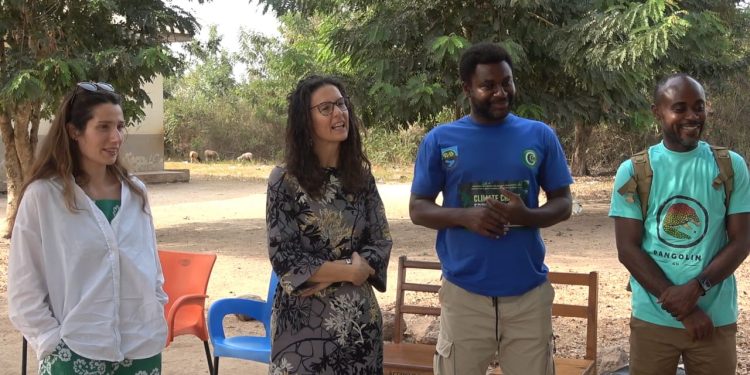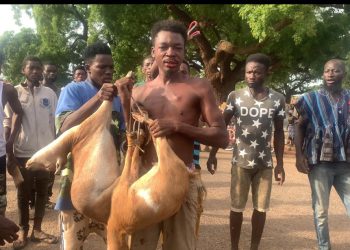The British High Commissioner, Harriet Thompson, who visited the Asukese Forest Reserve to observe the project of protecting pangolins by the Alliance for Pangolin Conservation-Ghana, has commended the organization for its efforts.
There are eight pangolin species worldwide, four in Asia and four in Africa. In Ghana, three pangolin species have been identified: the black-bellied, white-bellied, and giant ground pangolin.
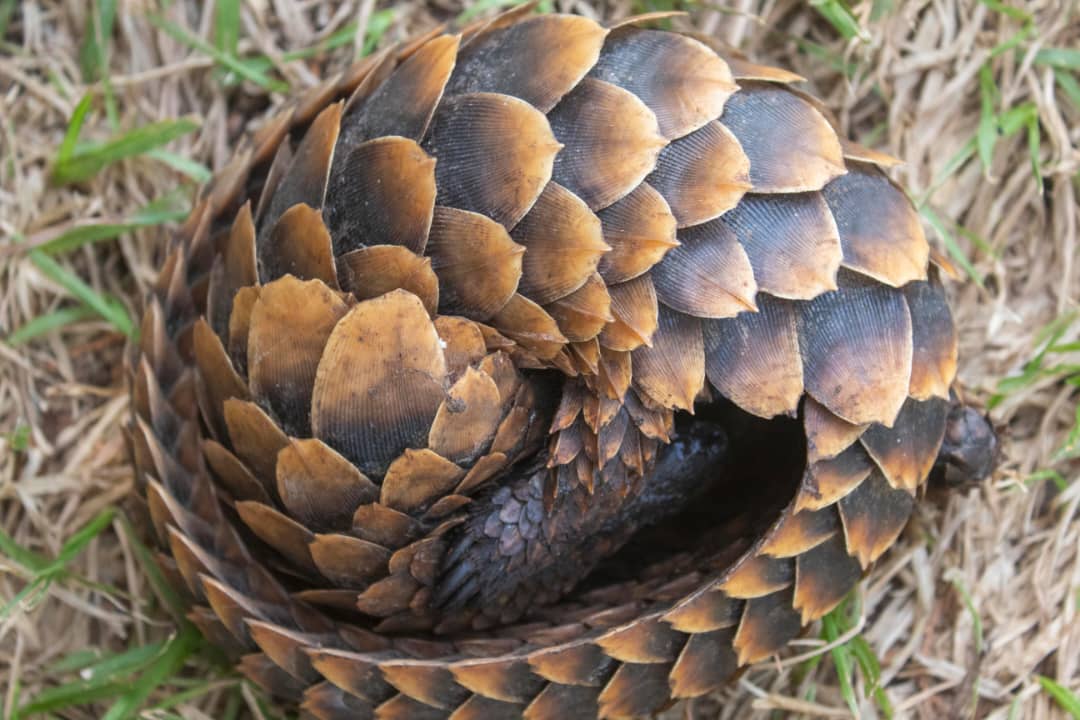
These creatures, known as the guardians of the forest, play a crucial role in maintaining a balanced ecosystem by protecting forests from termite destruction. Despite their importance, pangolins are facing extinction due to poaching for food and medicine.
The British High Commissioner, Harriet Thompson, praised the Alliance for Pangolin Conservation-Ghana for the steps they have taken to protect these animals.
“What they are doing is hugely impressive, the research they are conducting to identify the population of pangolins in this part of Ghana, the way they are reaching out to children in the community to persuade them to protect the species is not only for Ghana but also for the world. What they are doing is extremely difficult but extremely important.”
Alliance for Pangolin Conservation-Ghana, a non-governmental organization, initiated steps to protect pangolins in the Asukese Forest Reserve and surrounding communities such as Kramokrom, Yawbrefo, Asaman, and Koforidua in the Ahafo Region six years ago.
Prince Pascal Agro, the Founder and Director of Alliance for Pangolin Conservation-Ghana, is advocating for the protection of pangolins.
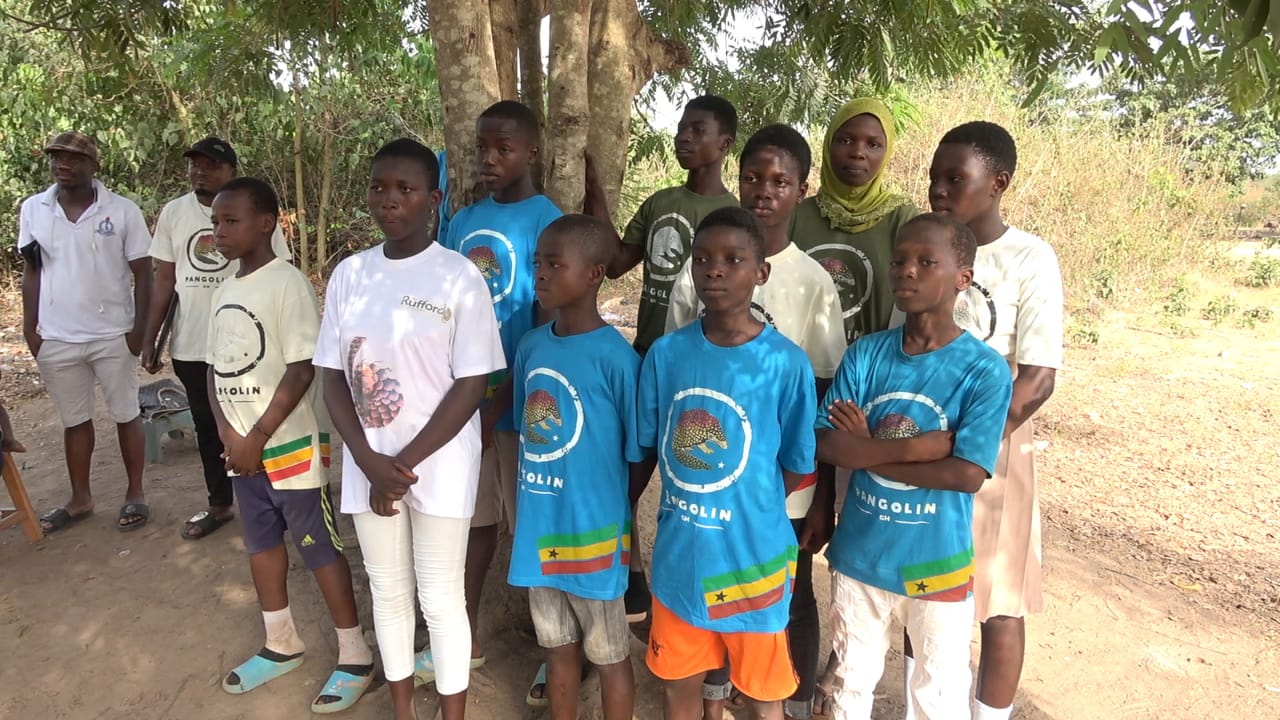
“It’s about time we protect these animals. If our forefathers had not protected these animals, they would not be around today. We need to protect them.”
Mr. Agro speaks about what his outfit does, “We conduct studies to obtain data to enhance knowledge of pangolins. We organize training to enhance the capacity of individuals and communities to support wildlife conservation to enhance livelihoods. We organize education programs for school children to raise awareness through the formation of Wildlife Conservation Clubs.”
He added that they also “mobilize and engage communities to plant trees to restore degraded forest landscapes that support wildlife. We produce and share reports, fact sheets, pictures, and videos on the status of pangolins and our forests.”
In addition to educating the inhabitants of these communities about the importance of pangolins, the Alliance has also established clubs in various basic schools in these areas to raise awareness.
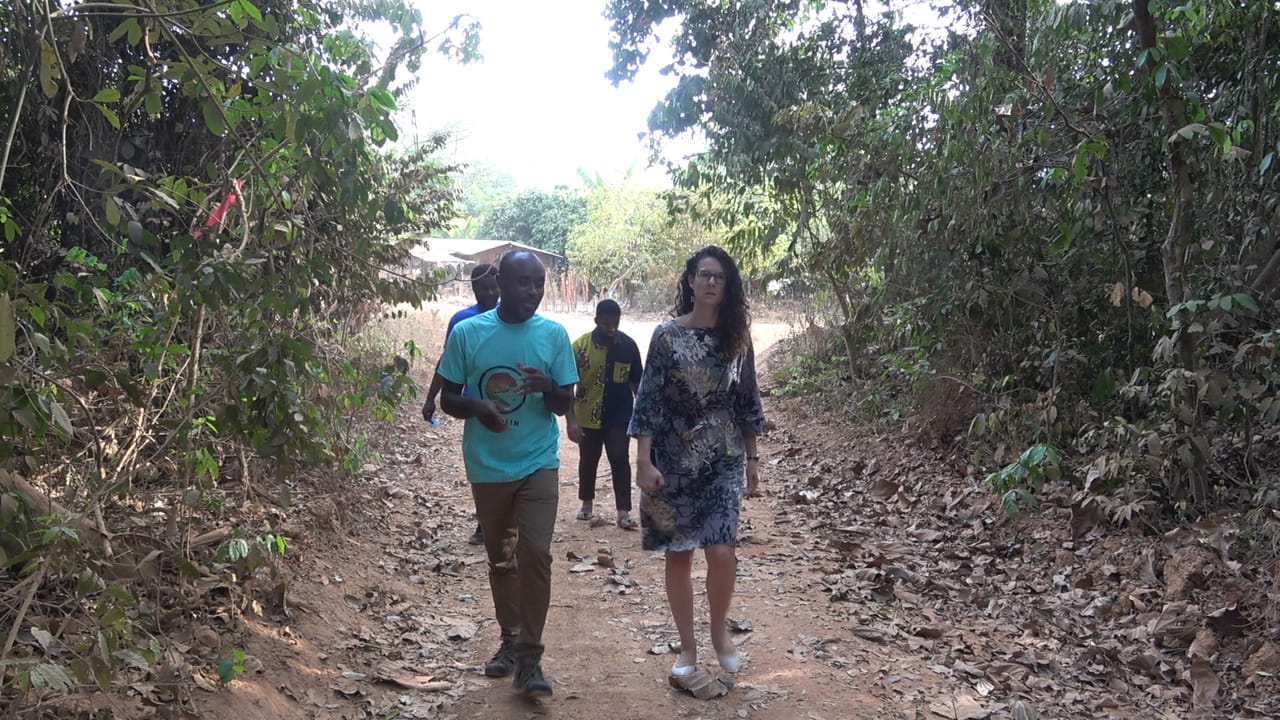
A teacher at the Asamang DA Basic School, Williams Ankomah, said in an interview, “The training of the children has really helped the area because the children are able to educate their parents on the need to protect pangolins. Previously, they ate pangolins, but they have now stopped.”
Explore the world of impactful news with CitiNewsroom on WhatsApp!
Click on the link to join the Citi Newsroom channel for curated, meaningful stories tailored just for YOU: https://whatsapp.com/channel/0029VaCYzPRAYlUPudDDe53x
No spams, just the stories that truly matter! 🌐📰 #StayInformed #CitiNewsroom #CNRDigital






